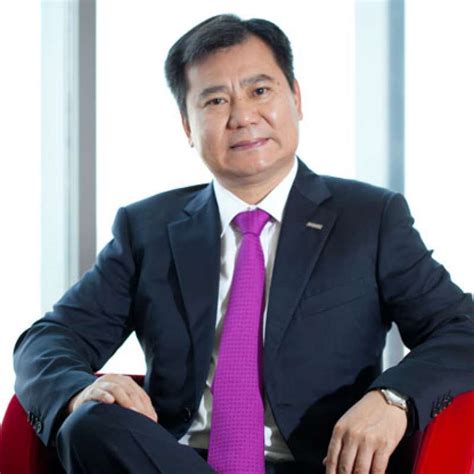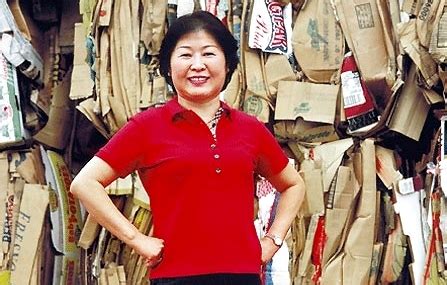A Quote by Ben Sasse
With a population of 1.4 billion, China is a lucrative market. But getting into that market isn't cheap. At best, the price of doing business in China is silence; at worst, it's reading talking points straight from the Chinese Communist Party. Beijing is not subtle about it.
Related Quotes
During the 1999 debate over Permanent Normal Trade Relations with China President Bill Clinton said, 'In opening the economy of China, the agreement will create unprecedented opportunities for American farmers, workers and companies to compete successfully in China's market. WRONG: Our trade deficit with China has increased from $83 billion in 2001 to a record breaking $342 billion in 2014.
You cannot just depend on the market, because the market will say: China needs oil; China needs coal; China needs whatever, and Africa has got all these things in abundance. And we go there and get them, and the more we develop the Chinese economy, the larger the manufacturing is, the more we need global markets - sell it to the Africans which indeed might very well destroy whatever infant industries are trying to develop on the continent. That is what the market would do.
I think China thinks information technology is less important than we think it is in the US, economically, and more important politically. And so Chinese internet companies are extremely political, they're protected behind the great firewall of China, and investment in Alibaba is good as long as Jack Ma stays in the good graces of the Chinese communist party. Alibaba is largely copying various business models from the US; they have combined some things in interesting new ways, but I think it's fundamentally a business that works because of the political protection you get in China.
There are a lot of Chinese-American designers and Chinese designers who have had an impact a little bit on the American market, but I think it's going to be interesting to watch if, over time, somebody can emerge from China who is based in China, and whether they come and show in Paris, like Rei Kawakubo or Yohji Yamamoto did.
The China of the 1970s was a communist dictatorship. The China of the twenty-first century is a one-party state without a firm ideological foundation, more similar to Mexico under the PRI than Russia under Stalin. But the measurement of the political and the economic evolution has not yet been completed, and is one of the weak points of the system.

































